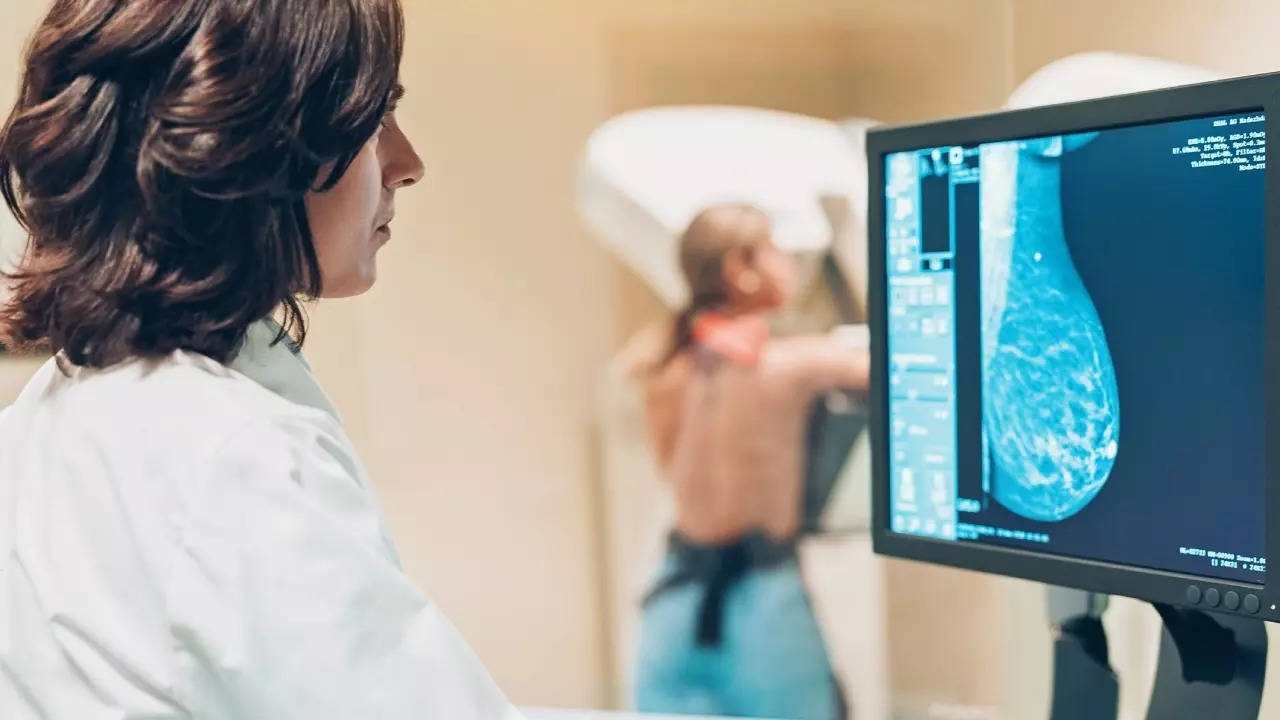Delaware dairy farms will soon be able to get licenses to sell unpasteurized, raw milk. The state’s regulations for the program are set to be released March 1, Agriculture Secretary Don Clifton told lawmakers in a Tuesday budget hearing. Following a public hearing on the regulation, the permitting process might… Continue Reading Food Policy & Law, Delaware, raw milk, raw milk sales Food Safety News
Delaware dairy farms will soon be able to get licenses to sell unpasteurized, raw milk.
The state’s regulations for the program are set to be released March 1, Agriculture Secretary Don Clifton told lawmakers in a Tuesday budget hearing. Following a public hearing on the regulation, the permitting process might begin as early as May.
While most people drink pasteurized milk, government surveys have estimated that about 3 percent of Americans have tried raw milk at least once in the past 12 months. Unpasteurized raw milk usually costs between $16 and $20 a gallon.
Delaware lawmakers approved retail raw milk sales last year after the Agriculture Department and Delaware Farm Bureau — where Clifton was the executive director — dropped their long-standing opposition.
Then-Gov. John Carney signed the bill lawmakers passed in 2024.
The new law allows people to purchase regulated raw milk locally, rather than buying it from an unauthorized source or traveling to Pennsylvania, the only neighboring state where raw milk can be sold for human consumption.
Under the new regulations, to sell or distribute raw milk, a Delaware farm must get a permit, have a plan to manage food safety risks, and follow testing requirements involving bacteria like E. coli, Salmonella and Listeria.
Avian influenza will also be among the contaminants farms must test for, said Chris Brosch, the deputy agriculture secretary. That pathogen became a concern last year after avian influenza was discovered in dairy cows. A Stanford University study published in December found the flu virus can remain infectious in refrigerated raw milk for up to five days.
Proponents say unpasteurized milk provides nutritional and health benefits, but public health agencies say research has found no advantages to raw milk — and a much higher risk of foodborne illness — compared to pasteurized milk.
Sen. Laura Sturgeon, D-New Castle, told Clifton she has started to regret her vote to legalize raw milk. She said she is questioning its safety.
Delaware will require raw milk to have instructions on the label about how to handle it.
Sturgeon said her concerns about raw milk crept in when she considered the potential risk to children. If an adult becomes sick after drinking raw milk, that’s on them. But children depend on adults to make good decisions for them, Sturgeon said.
Sen. Eric Buckson, the lead sponsor of last year’s raw milk bill, said he has heard “grumblings” against legalization, but he encouraged Clifton to proceed with the regulations.
Alex O’Brien is with the Center for Dairy Research in Madison, WI. He tracks outbreaks of disease from consumption of raw milk products and says the consequences can be severe. He highlighted outbreaks over several years connected to a California raw milk producer that sickened people with illnesses including salmonella, E. coli and listeria.
“People die from drinking raw milk,” he said. “Kids have died and they can get really ill.”
Federal law prohibits the sale of unpasteurized, raw milk across state lines.
(To sign up for a free subscription to Food Safety News,click here)








